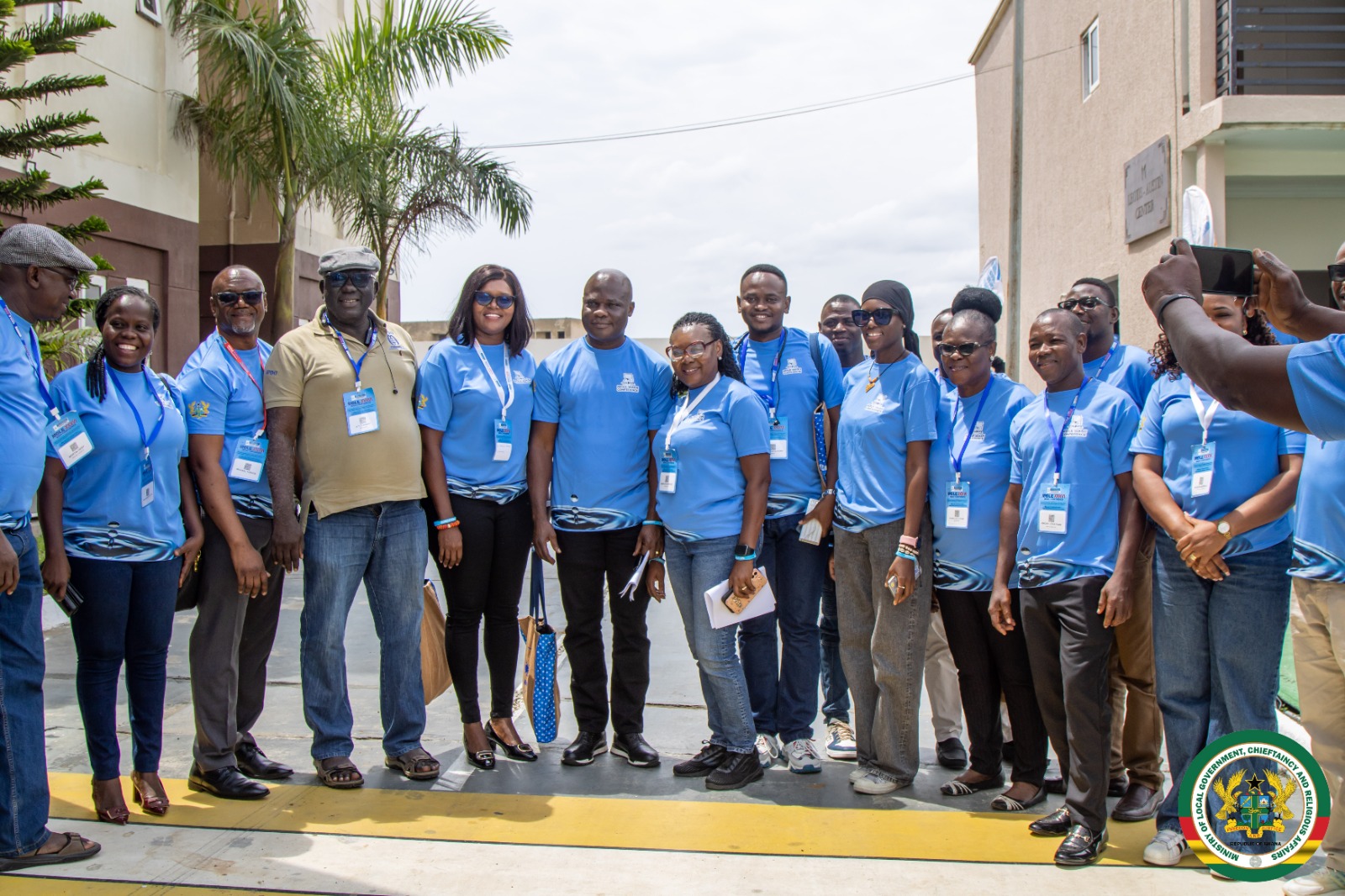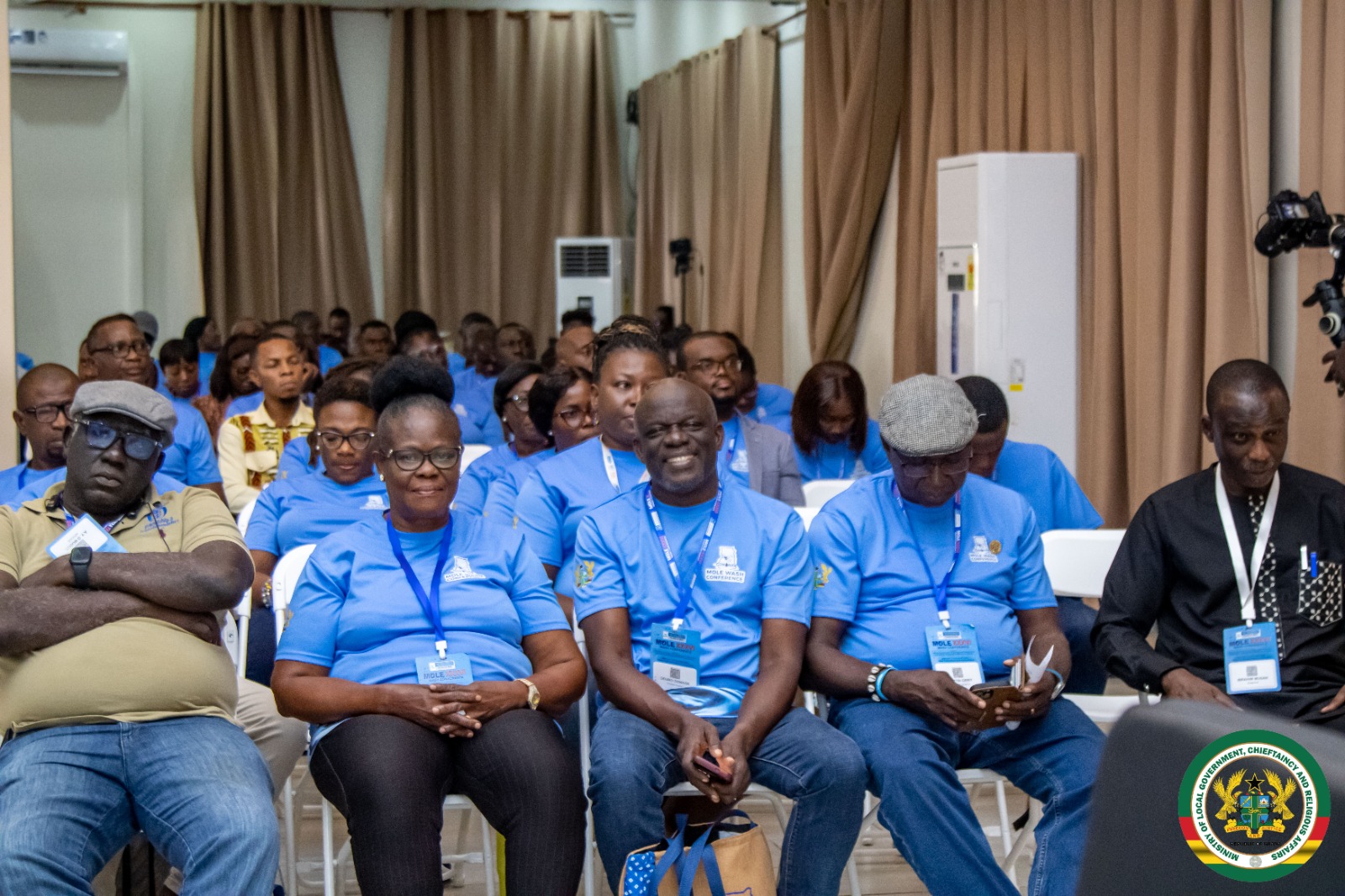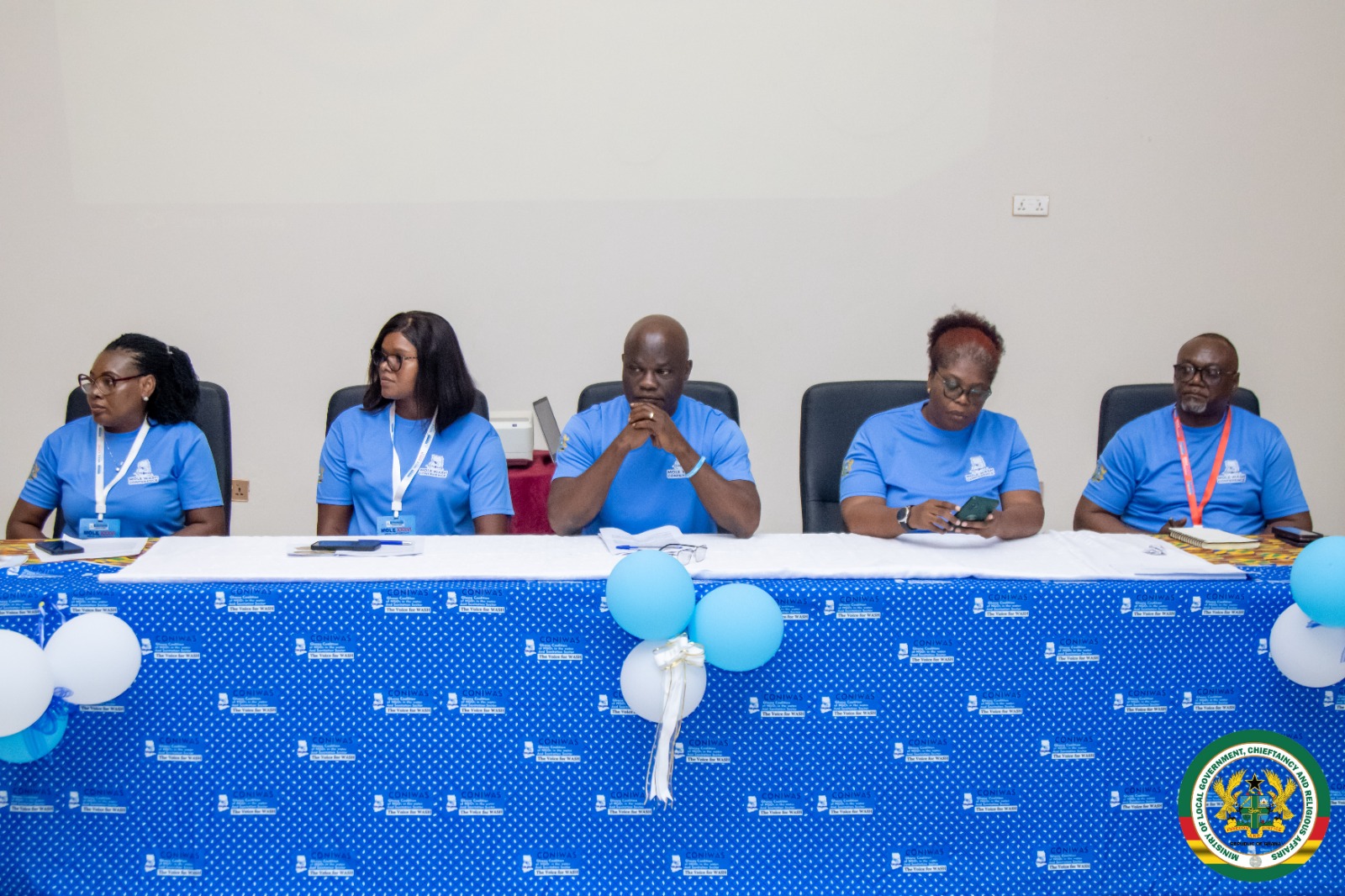Fragmentation, weak regulation, and traditional financing models can no longer drive Ghana’s sanitation transformation. This was the resounding message at the closing of the 36th MOLE Conference on Water, Sanitation and Hygiene (WASH), which ended on Thursday, November 6, 2025, at the Marlin Resort in Gomoa-Fetteh.
Addressing participants, the Minister for Local Government, Chieftaincy and Religious Affairs, Hon. Ahmed Ibrahim, stressed the urgency for a harmonised, data-driven, and transparent regulatory framework to ensure equitable and resilientu WASH service delivery nationwide.
He noted that “the WASH sector cannot continue to operate in silos,” adding that Ghana’s progress demands coherence, professional standards, and reliable enforcement of sanitation by-laws across all Metropolitan, Municipal and District Assemblies (MMDAs).
Hon. Ibrahim underscored that harmonised regulation is the backbone of public trust, private sector confidence, and quality service delivery. The Ministry, he said, would collaborate with Parliament and sector agencies to strengthen regulation and operational clarity from national to district levels.
On financing, the Minister emphasised that achieving safely managed water and sanitation services for all requires bold and innovative financing models. “Vision requires resources,” he asserted, calling for diversification through public-private partnerships, blended finance, sanitation levies, and climate financing mechanisms.
He reaffirmed government’s commitment to create enabling conditions by expanding private sector participation, widening the fiscal space for sanitation, and strengthening local government financing frameworks.
Highlighting innovation as a “strategic requirement,” Hon. Ibrahim urged stakeholders to support local innovators and youth-led WASH solutions that reflect Ghanaian realities. He called for investment in climate-smart sanitation technologies, digital monitoring systems, and faecal sludge management solutions to drive sustainability and inclusion.
The Minister described the MOLE 36 communiqué as a national call to action, urging all stakeholders to translate conference deliberations into measurable outcomes through policy advocacy, technical collaboration, funding commitments, and research.
He also announced that government is upgrading the Environmental Health and Sanitation Units at the MMDAs into full-fledged departments, in line with the 2016 NDC manifesto, and will soon reactivate the Water and Sanitation Sector Working Group to enhance sector coordination.
Concluding his remarks, Hon. Ibrahim called for unity, commitment, and innovation anchored in local context, stressing that “WASH is not a sectoral concern; it is a national development priority and a human right.”
The MOLE 36 Conference, convened by the Coalition of NGOs in Water and Sanitation (CONIWAS), brought together government agencies, development partners, private sector actors, civil society, and academia to review progress and renew strategies for achieving Ghana’s Sustainable Development Goal 6 commitments.
SOURCE: Darling Maame Efua Cann
MLGCRA PR Unit

.jpeg)

.jpeg)
.jpeg)

.jpeg)
.jpeg)
